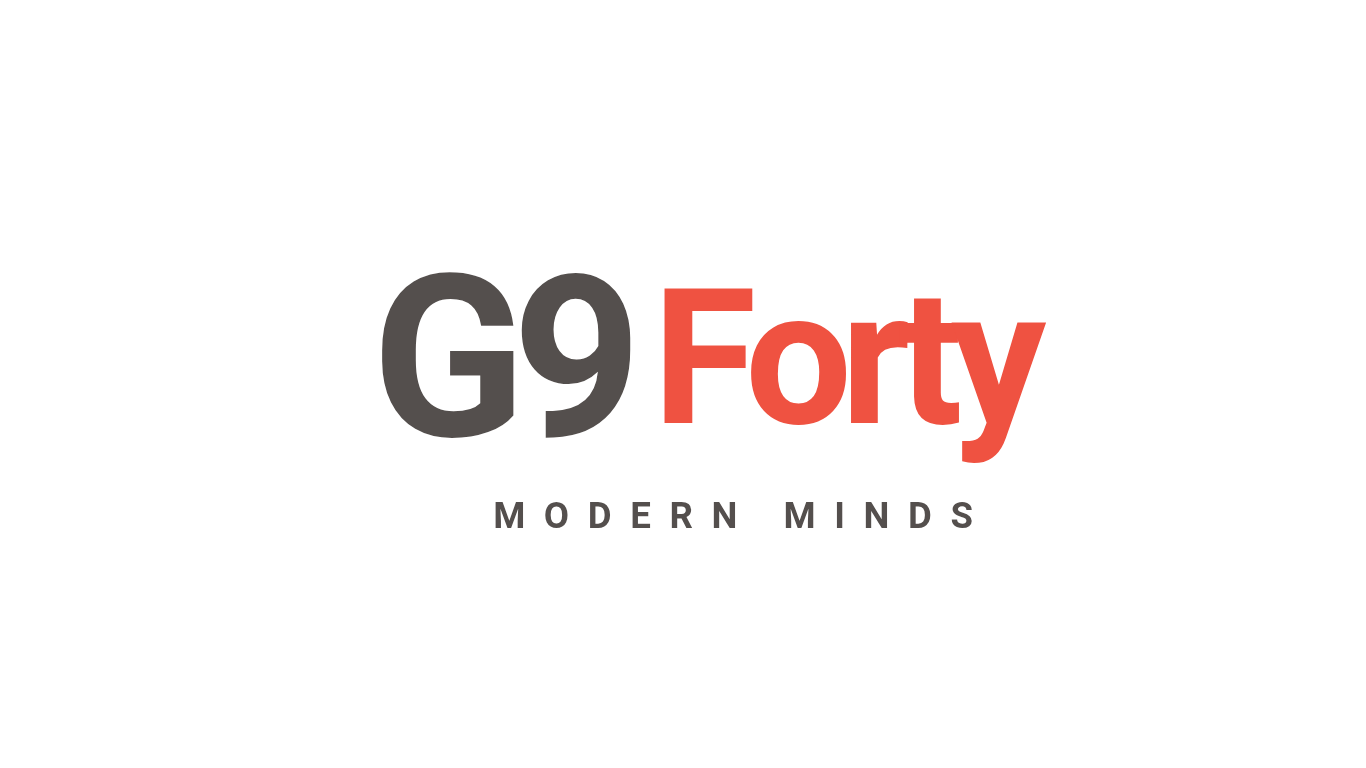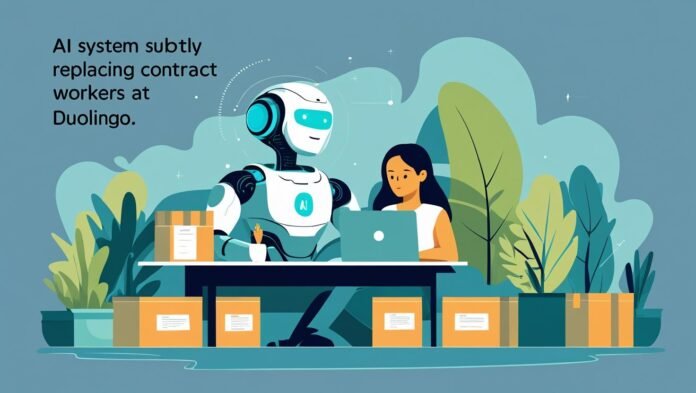Cofounder and CEO Luis von Ahn sent an all-hands email saying that Duolingo will be “AI-first” and that it will “gradually stop using contractors to do work that AI can handle.” The email was shared on LinkedIn by Duolingo.
The company will “need to rethink much of how we work” in order to be “AI-first,” and “making minor tweaks to systems designed for humans won’t get us there,” according to von Ahn. The corporation would implement “a few constructive constraints” as part of the transition, including altering its contractor relationships, pursuing AI in hiring and performance evaluations, and stating that “headcount will only be given if a team cannot automate more of their work.”
According to von Ahn, “this isn’t about replacing Duos with AI,” and “Duolingo will remain a company that cares deeply about its employees.” He claims that the modifications are “about removing bottlenecks” in order to free up staff members to “focus on creative work and real problems, not repetitive tasks.”
According to von Ahn, “AI isn’t just a productivity boost.” It brings us one step closer to our goal. We must produce a vast amount of content in order to teach effectively, yet manual content creation is not scalable. Our recent choice to switch from a laborious, human content generation process to one driven by AI was one of the better ones we made. We wouldn’t be able to scale our content to more learners for decades without AI. We must provide this content to our students as soon as possible.
Von Ahn’s communication comes after Shopify CEO Tobi Lütke handed out a similar note to staff members, which was recently made public online. Lütke stated in that memo that teams have to demonstrate “why they cannot get what they want done using AI” before requesting additional staff or resources.
Von Ahn’s memo from Duolingo’s LinkedIn post is as follows:
Although I’ve stated this in numerous meetings and Q&As, I want to formally announce that Duolingo will be AI-first.
The way work is done is already being altered by AI. It’s not a matter of whether or when. It is currently taking place. Waiting is the worst thing you can do during a shift this large. We wagered on mobile in 2012. We chose to design mobile-first because we believed it was the way of the future, while others concentrated on mobile companion apps for websites. That choice opened the door for the subsequent organic word-of-mouth growth and helped us win the 2013 iPhone App of the Year award.
Using a mobile device to wager was crucial. This time, the platform shift is artificial intelligence, and we’re making a similar call.
AI does more than increase productivity. It brings us one step closer to our goal. We must produce a vast amount of content in order to teach effectively, yet manual content creation is not scalable. Our recent choice to switch from a laborious, human content generation process to one driven by AI was one of the better ones we made. We wouldn’t be able to scale our content to more learners for decades without AI. We must provide this content to our students as soon as possible.
Additionally, AI enables us to create previously unattainable functionalities like Video Call. We can now teach and hire the best human tutors for the first time ever.
Being AI-first will require us to reevaluate a lot of our processes. We won’t get there with small changes made to human-designed systems. We will frequently have to begin from the beginning. Rebuilding everything won’t happen all at once, and some tasks, like teaching AI to comprehend our codebase, will require time. We can’t wait for the technology to be flawless, though. Moving quickly and occasionally sacrificing quality is preferable to moving slowly and missing the opportunity.
A few beneficial restrictions will be implemented to aid in directing this change:
We’ll eventually stop hiring outsiders to complete tasks that AI can do.
Our hiring criteria will include the use of AI.
The use of AI will be assessed as part of our performance appraisals.
Only when a team is unable to automate more of their job will headcount be provided.
The majority of functions will implement special efforts to radically alter their operations.
Nevertheless, Duolingo will continue to be a business that genuinely values its workers. This isn’t about using AI to replace Duos. In order to accomplish more with the exceptional duos we now have, bottlenecks must be removed. Instead of concentrating on monotonous work, we encourage you to work creatively and solve actual problems. We will provide further training, mentorship, and AI-related tools to help you in your role.
Although change can be unsettling, I have no doubt that this will be a fantastic move for Duolingo. It will enable us to better fulfil our objective, and for Duos, it means continuing to be at the forefront of utilising this technology to accomplish tasks.



